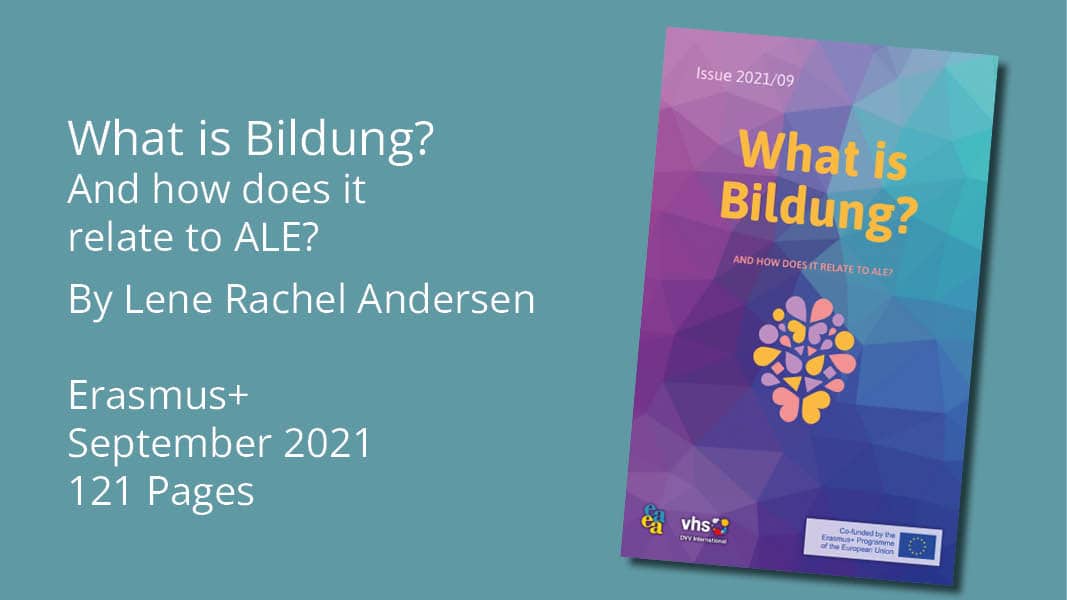An introduction to bildung. The Erasmus+ project BILDUNG explores bildung in adult education across Europe 2020-2021. Read the booklet online and learn more about the project here: https://eaea.org/project/bildung/?pid=15007. There is also a 5-page-version that has been translated into 13 languages. Author, Lene Rachel Andersen.
From the introduction:
“Bildung is a complex and elusive phenomenon and the concept has deep roots in European thinking and education. In the classical era, the Greek called it Paideia, and in the 1600s, protestant Pietists explored it as personal religious, spiritual and moral growth in the image (German: Bild) of Christ. From 1774 to around 1810, thinkers like Herder, Schiller, and von Humboldt explored Bildung as a secular phenomenon, relating it to emotional, moral, and intellectual development, to enculturation and education, and one’s role as a citizen. This secular, German understanding of Bildung inspired the Danish invention of folk-Bildung in the 1840s and 1850s, i.e. Bildung not only for the bourgeoisie but also for the rural youth in Denmark.
FolkBildung empowered an underclass and allowed Denmark to go through a peaceful transformation from a poor, agricultural absolute monarchy to a prosperous, industrialized democracy. Today, our civilization is in a transformation from industrialized nation-states to a digitized globe where everybody needs to thrive. For this to happen peacefully, we need to empower everybody and we need folk-Bildung for the 21st Century. There are many definitions of Bildung out there; the European Bildung Network defines it like this: Bildung is the combination of the education and knowledge necessary to thrive in your society, and the moral and emotional maturity to both be a team player and have personal autonomy. Bildung is also knowing your roots and being able to imagine the future.“

